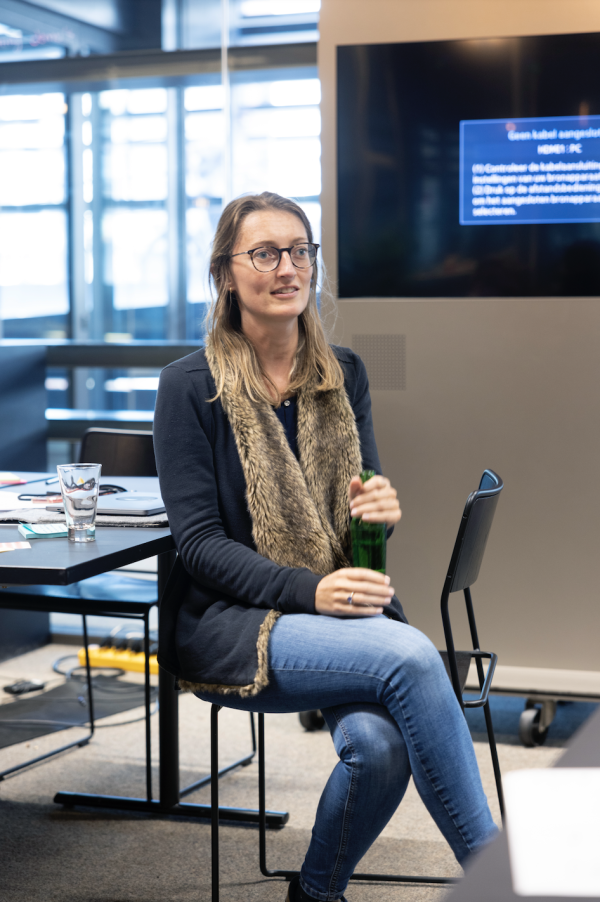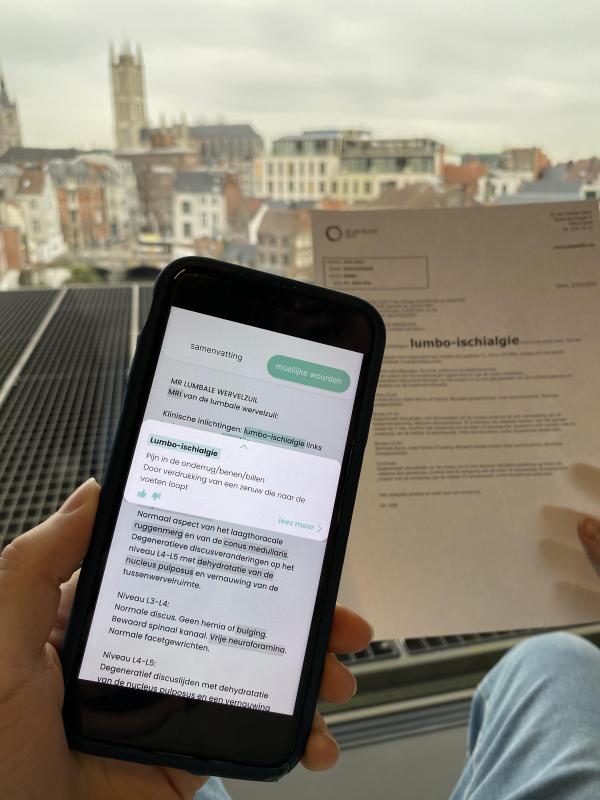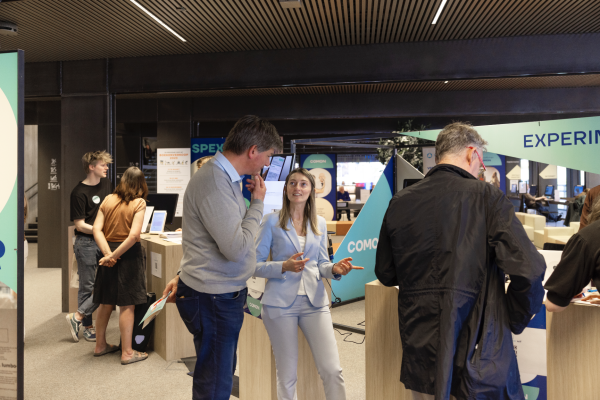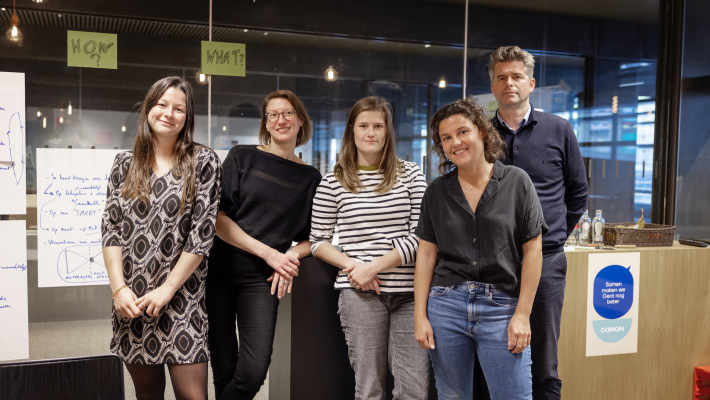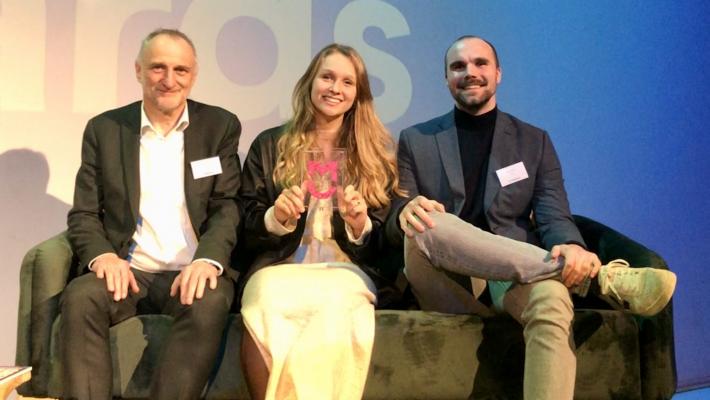ExplainMed: AI makes doctor's reports understandable to all
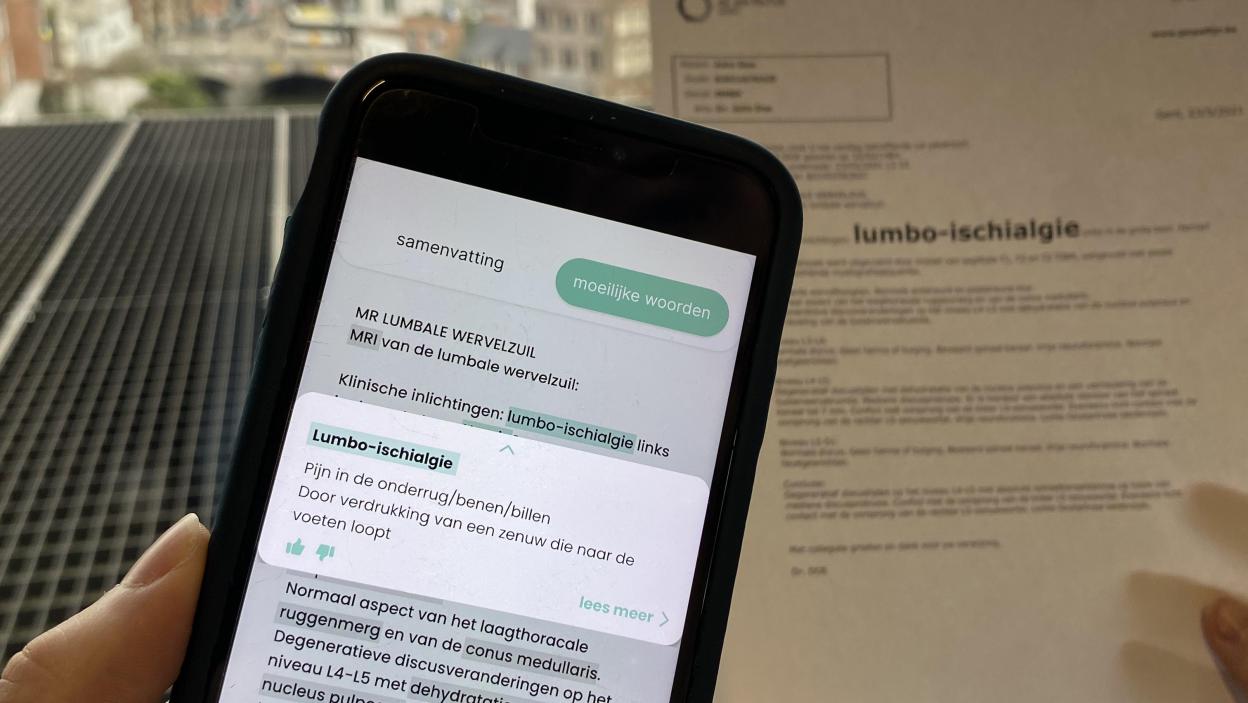
Doctor's reports often include medical jargon that prevents patients from understanding their own health. But there will soon be a tool for that, that uses artificial intelligence to turn these medical reports into simple explanations for the patient. For the development of “ExplainMed”, Amai! Flanders is allocating €125,000. This tool originated in the lap of Comon, during the Microlabs on understandable healthcare.
Doctors often use medical jargon during a consultation. Frequently, the patient does not always understand what the doctor is saying, or has difficulty remembering the explanation. Medical reports are also often not clear to the patient. “As a result, patients do not always follow the prescribed therapy and are less engaged, resulting in further health damage and increasing health costs”, according to initiator Marie Verougstraete. “This is why we are working on a solution where we help patients better understand their own medical situation.” NextGenics has started developing an online tool that converts doctor's reports into simple language. The tool will use AI for this purpose and is being developed together with Karel de Grote Hogeschool, Forcit and Ghent University.
Easy and reliable
The two-year pilot project focuses on cardiovascular disease. Patients scan the doctor's report and the software converts it into clear language using AI. Patients can point to medical terms to get a brief explanation and can access a frequently asked questions section. The big difference with Google is that you don't have to look up every word individually and the explanations are medically validated, personalized and reliable. The software will also link to reliable websites such as Health and Science (Dutch only), also a partner in this project. Importantly, the tool will be very easy for anyone to use.
In developing the software, researchers are working with heart patients. They will share their doctor reports anonymously with the project to train the AI system. In addition, heart patients and those close to them will provide advice in designing the tool.
The developers and researchers' ambition is to further expand the tool to other medical fields and other languages. “In this way, we also want to eventually contribute to the challenges around multilingualism and inclusiveness in healthcare,” says initiator Marie Verougstraete.
€125,000 Funding from the Flemish government
This project is one of five winners of Amai!, an initiative that involves citizens in the development of social AI applications. The enthusiasm and involvement of citizens highlights the social relevance of this project. In addition to the support of Amai Flanders, the project is funded by the Flemish Government as part of the Flemish AI Action Plan.
Comon's Microlab
This tool originated under the wings of Comon, during the Microlab on understandable healthcare, then with the working title Spexter. A diverse team of Ghent inventors designed, tested and developed the idea behind Spexter into a real working prototype. They did so during a 5-day design sprint, during which the team immersed themselves in the wonderful world of design thinking, fast prototyping and testing. Marie also took part in the Microlab.
